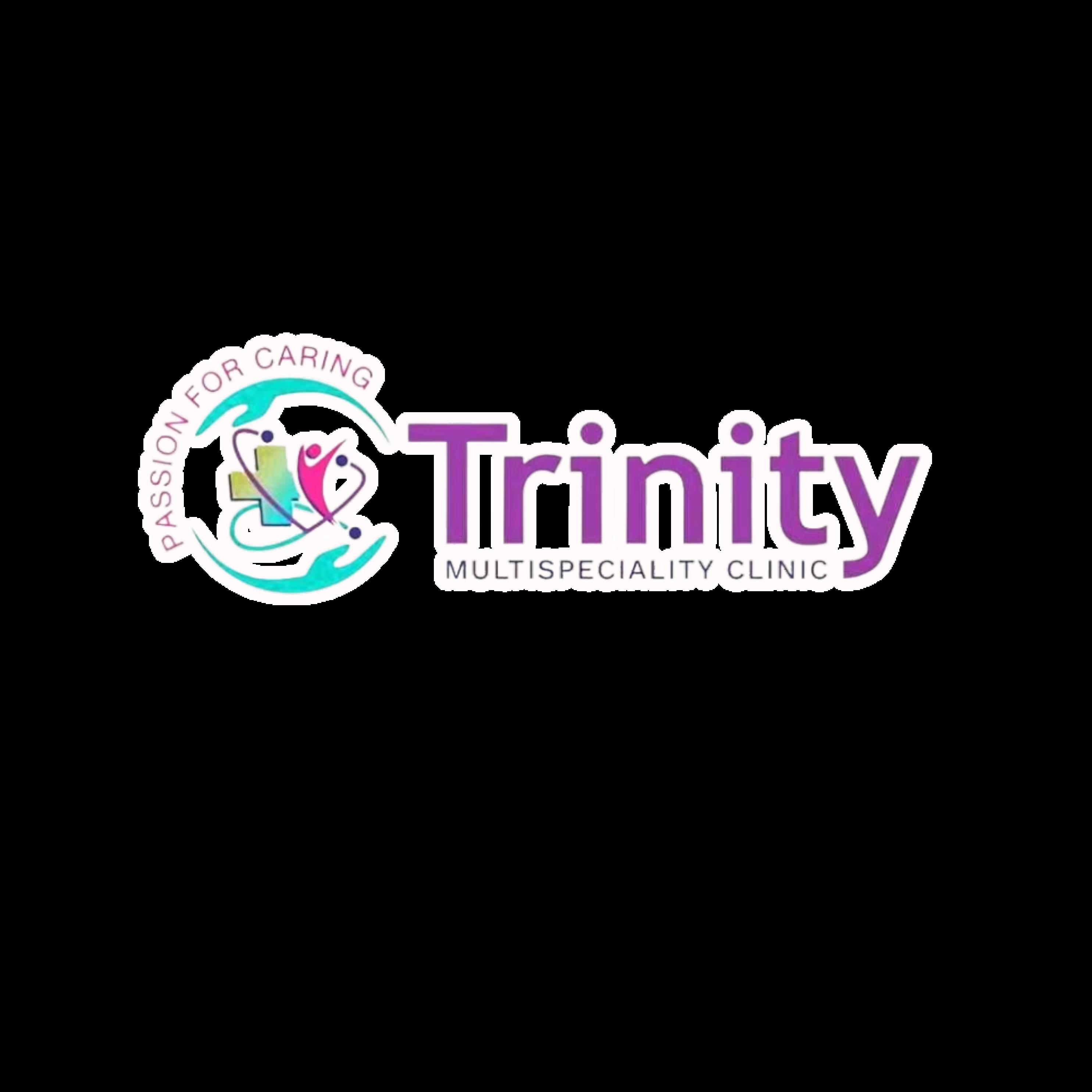- Male Doctor
- Female Doctor
- 10+ Patient Stories
- 50+ Patient Stories
- 190+ Patient Stories
- 5+ Years of experience
- 10+ Years of experience
- 15+ Years of experience
- 20+ Years of experience
- Number of patient stories - High to low
- Experience - High to Low
- Consultation Fee - High to Low
- Consultation Fee - Low to High
566 Best Doctors for Nausea available in Bangalore

Book appointments with minimum wait-time & verified doctor details

Trinity Multispecialty Clinic
Dr. Shwetha Y Baratikkae
Dr. Aparnaa Panda
Dr. Achi Ashok
Dr. Archana Agarwal
Dr. Mamatha Reddy Y V
Dr. Harini P Shetty
Dr. Deepthi Bawa
Dr. Savitha Shetty
Dr. Dhivya R
1. What is nausea?
Nausea is a feeling of discomfort in the stomach along with a vomiting sensation and can be considered a warning signal prior to vomiting.
2. What are the causes of nausea?
Causes of nausea include:
-Pain
-Sensitivty to medications, particular foods, or motion.
-Certain medical conditions (cancer, appendicitis, gallbladder stones, intestinal obstruction, etc.)
-Infections
-Pregnacy
-Gall bladder stones
-Food poisoning
-Overeating
-Heartburn caused by gastroesophageal reflux disease (GERD)
- Peptic ulcer
3. How can you prevent nausea?
Staying away from triggers of nausea can help to prevent it. Some tricks to prevent nausea include:
-Use medications to reduce the sensation of nausea or motion sickness (scopolamine)
-Have small meals, frequently.
-Avoid extreme heat and humidity and intense physical activity
-Avoid sea voyages
-Avoid lights that flicker like from a TV
-Avoid strong fragrance (perfumes, cooking aroma)
4. What food stuffs should be avoided in case of nausea?
Foodstuffs to be avoided include:
-Spicy
-High in fats
-Greasy foods
-Alcohol
-High in caffeine
5. What foods can relieve nausea?
Foods that can be used when you are experiencing nausea include:
-Cereals
-Toast
-Broth
-Crackers
-Gelatin
- Rice
-Apple
Dr. Triveni M P
| Name | Recommended By | Review Count | Years of Experience | Fee |
|---|---|---|---|---|
| Dr. Shwetha Y Baratikkae | 95% | 465 | 21 | 700 |
| Dr. Aparnaa Panda | 90% | 1411 | 27 | 700 |
| Dr. Achi Ashok | 90% | 156 | 31 | 1000 |
| Dr. Archana Agarwal | 85% | 784 | 32 | 700 |
| Dr. Mamatha Reddy Y V | 94% | 544 | 28 | 800 |
| Dr. Harini P Shetty | 95% | 1494 | 35 | 800 |
| Dr. Deepthi Bawa | 86% | 22 | 21 | 800 |
| Dr. Savitha Shetty | 90% | 59 | 33 | 800 |
| Dr. Dhivya R | 95% | 183 | 21 | 800 |
| Dr. Triveni M P | 95% | 334 | 24 | 800 |

